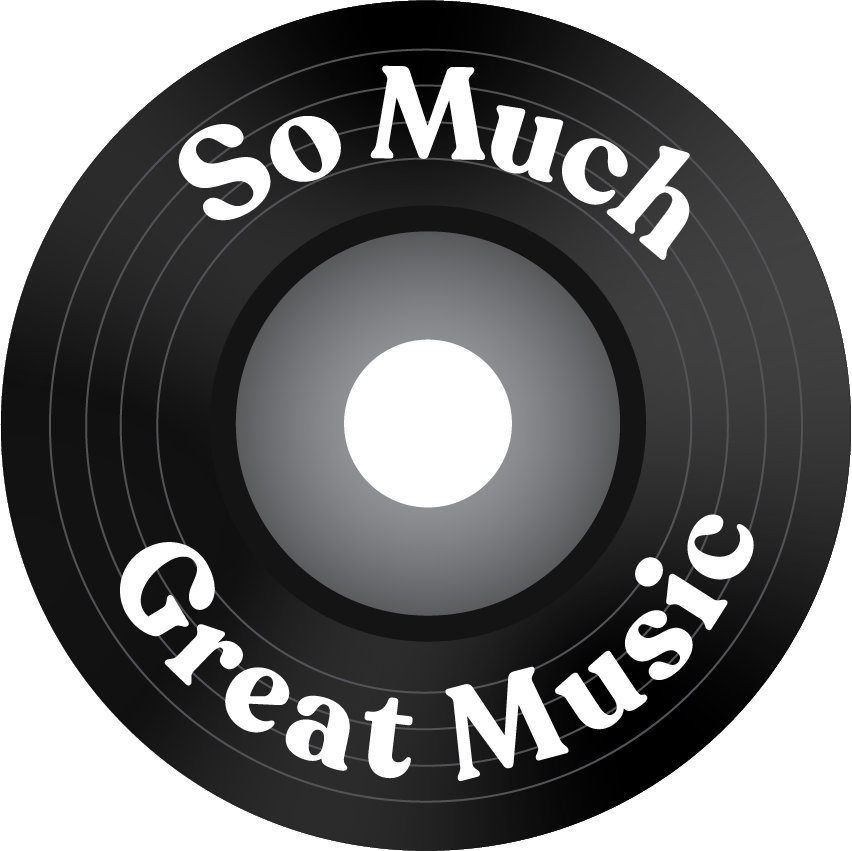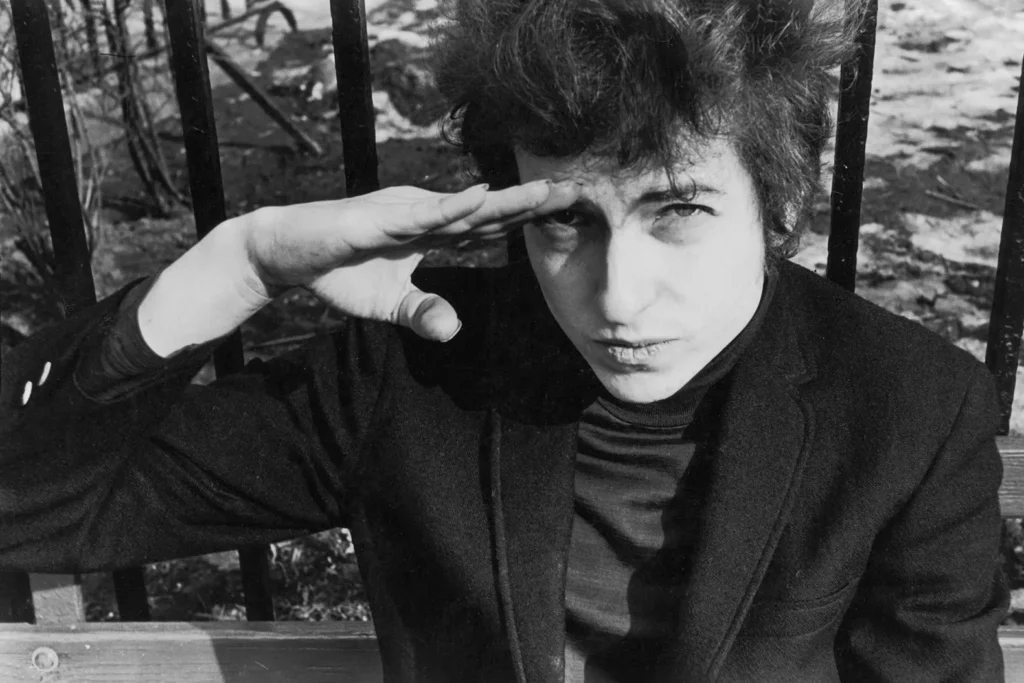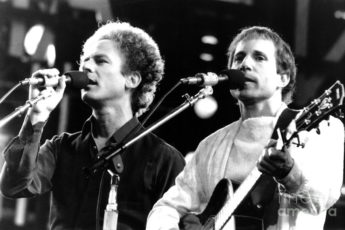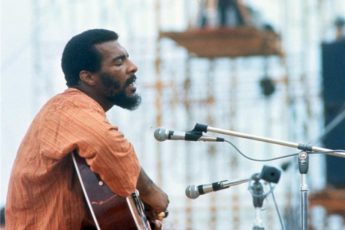I was browsing recently in Print, a small local bookstore in Portland, and under a section marked The Arts I was confronted with not one but two glossy coffee table books about Bob Dylan prominently on display. As I stared ahead, perhaps somewhat quizzically, my niece’s partner August approached me. “Do you like him?” he inquired. “Well,” I started, “I wouldn’t say I’m a huge fan.” Then, I demurred, not looking to offend, and lobbed the question back to him. “Every artist I like thinks he’s a genius,” came his reply, “and I don’t get the connection.”
A relieved grin involuntarily grew across my face. August now joins me, possibly on a two-man team of dissenters against what seems like the rest of the world’s long settled opinion. And, I apologize in advance to all the music lovers, probably even non-music fans, who I am about to offend with the following statement:
I do not, and have not ever, understood the lionization of Bob Dylan. And, frankly, I just don’t really see why he’s considered that good.
Okay, I’ll take a pause here for the mockery and outrage to begin. And I’ll ask for forgiveness again, as I’ll probably be inclined to do several more times in the presentation of this opinion.
Please understand, I’m quite well aware that he’s considered, almost universally, one of the greatest and most significant artists in popular music history. Many, no doubt, would place him singularly at the absolute top of that list.
And it’s not that I don’t recognize and respect his importance. Or that I don’t like any Dylan songs. I do. Or at least large parts of songs, before they tend to, y’know, go on for a bit.
But I was struck with what seemed like a telling thought this week as I listened, with growing skepticism, to Dylan’s well-known ‘All Along The Watchtower,’ that a fair number of recordings of his songs are definitively better as done by others. This one may be the easiest example – Jimi Hendrix’s version is obviously way better, and don’t forget, so is Dave Mason’s. But the same could also be said for ‘My Back Pages‘ and ‘Mr. Tambourine Man’ (The Byrds), ‘I Shall Be Released’ (The Band), ‘Highway 61 Revisited’ (Johnny Winter), ‘Quinn the Eskimo (The Mighty Quinn)’ (Manfred Mann), ‘Absolutely Sweet Marie’ (Jason & The Scorchers), arguably ‘If Not for You’ (George Harrison), and maybe even ‘Knockin’ On Heaven’s Door’ (Guns N’ Roses). Going back to Dylan’s original of ‘Watchtower,’ though, besides the conspicuously sub-par singing (we’ll get to more on that shortly), stop and check out his four harmonica breaks in the song (at the start, at 45 seconds, at 1:30, and finally at 2:14).
These interludes are basically – hmm, what would be the word I’m looking for here? – how about…unlistenable. There are sounds coming out, but it’s not playing, is it? If you didn’t know better, you’d be forgiven for thinking a 6-year-old had gotten his hands on the harmonica and just started aimlessly blowing. There’s no technique, dubious timing, and really barely any notes. Sorry, but it’s true. And this came in 1967, smack in the middle of what would surely be considered Dylan’s classic period. His musicianship didn’t get much better from here.
But okay, virtuoso skill on instruments was certainly never Bob Dylan’s calling card. He is, instead, the consummate Singer/Songwriter. That two-word phrase may have even been invented for him (and if it wasn’t, it feels like it should have been). But here’s the thing, and this is a hill I will die on: how can you be considered a “singer/songwriter,” let alone music history’s greatest, if you’re a legitimately terrible singer? Singer/songwriter. I mean, it’s right there in the front half of the title. Or said another way, can you really be the “Voice of a Generation” – another commonly accepted mantle found in the top paragraph of every Dylan bio ever written – if you’ve got an objectively unpleasant voice? There are, certainly, numerous other “bad” voices throughout rock history – Joe Cocker, Tom Waits, David Byrne and Iggy Pop, for instance – but, at least to me, those vocals all have admirable, even captivating, “personality.” Dylan’s voice is just a coarse, nasal drone. Off-key, off-tempo, and mostly off-putting. Performing live, over many, many years, his exceedingly awkward phrasing can sound like unintelligible gibberish spanning from inscrutable to outright unmusical. At its best, which was now about 60 years ago (think about it, that’s accurate), Dylan’s voice was passable. But it’s been decisively dreadful for too long to remember. For at least the last two to three decades it has been largely unrecognizable to the English language. It seems inescapable but to say that the voice of the “Voice of a Generation” has, in fact, been intolerable for roughly the last two generations.
Fine, he’s not much of an instrumentalist; cringey on harmonica, and no hero on guitar either. And, he’s not exactly Sinatra; no one has ever considered him a crooner. His voice essentially started as bearable before fading quickly to horrible. But to be fair, it is, of course, his unforgettable writing that more than anything else people hold up as iconic, notable for its sage insight and proficient wordplay, and glorified for its heaping mass of lengthy, sustained stanzas.
For starters, though, shouldn’t that make him the “writer” not “voice” of his generation? Luminaries like Frost, Hemingway and Shakespeare (another guy I never had much use for) wrote a lot of impressively flowery stuff. But you surely wouldn’t confuse them with musicians, because they’re poets, novelists and playwrights. Performing good music has to have some primary relevance to being a good musician, doesn’t it? If the writing, not the music, were the more important component, then Bernie Taupin would be the celebrated inductee in the Rock & Roll Hall of Fame instead of Elton John. And, to state the obvious, plenty of others (Bruce Springsteen, Warren Zevon, Elvis Costello, and in a primitive art way, even Chuck Berry) have written intricate, dense lyrics, created detailed character stories, and taken contentious cultural stances – but, to state the even more obvious, their music always sounded phenomenal too! Taken to its unfortunate extreme, how can you be considered a supreme musician if the actual music you made so often sounded deficient?
Alright then, I’ll take things to one last level of heresy (additional apologies, sincerely). That consistently lauded, more likely revered, Dylan songwriting…is that even that good? There’s surely a vast difference¹ between exceptional writing and just a lot of rhyming words. I’ve often wondered if Dylan’s exalted video for ‘Subterranean Homesick Blues’ – where he stands in a London alleyway tossing lyric-scrolled cue cards onto the street – was an unintentional or even unconscious acknowledgement of the disposability of that scattered tally of confused couplets. I’d also suggest that the serendipity of Al Kooper’s famously improvised organ riff on ‘Like A Rolling Stone’ meant as much towards making that song memorable, and ultimately deemed revolutionary, as the 6-plus minutes of verses that repeatedly reached “How does it feel?” Similarly, on ‘Tangled Up in Blue,’ ‘Stuck Inside of Mobile with the Memphis Blues Again,’ ‘A Hard Rain’s A-Gonna Fall,’ and ‘Hurricane,’ among assorted others, it can become increasingly difficult, as the protracted tunes trudge on, to remain focused on Dylan’s presentation of story and not the familiar structural monotony with which it’s delivered. I know, it’s blasphemous, but there are occasions listening to these classic compositions that they feel unreasonably repetitive, and sometimes even downright wearisome.
Questioning the merits of Bob Dylan’s greatness; I can’t help thinking that makes me something akin to an enemy of the people. But tell me, Dylan worshipers and general music enthusiasts alike – as I expect many of you surely will – exactly what am I missing? Can you be substandard on instruments, vocalize in a range from mediocre to appalling, and be a talented but sometimes tedious writer, and still be considered a preeminent musician? Is Bob Dylan really that good? The answer, I suppose, is blowin’ in the wind.
Here’s one I unequivocally do enjoy. Snappy, melodic, written in 1989 but never truer than our current times, and coming in at a sensible 3-ish minutes (though I still like the Kenny Wayne Shepherd version – following below – better)
¹not to be confused with the vas deferens








Boris Bereza
August 29, 2025 8:47 pmBill, you are definitely not alone. Count me as one of those who never liked, nor understood the worship of Dylan. In my youth I couldn’t get past his horrendous, nasally voice. As I got older. and was asked by my friend Greg (who loved him) to revisit him, I still couldn’t get into him. The music was mediocre. His lyrics, at times, were good, but beyond that, there just wasn’t that much to him. I think, he may have just been lucky enough to be good enough when the counter culture music movement started in the early 60s in Greenwich Village and his legend became bigger than his talent. And I agree, the best versions of his songs are definitely done by other artists. I’m listening to All Along the Watchtower right now…by Jimi Hendrix. It’s awesome.
So Much Great Music
August 30, 2025 12:24 pmNow there’s at least three of us! That historical coincidence of timing in the ’60’s is an excellent point – though I suppose some would also argue he himself was a big driver of the movement..
Frank Reed
September 2, 2025 11:57 amHey Bill – I never liked him either… until the past few years.
I went back over his catalogue that I had ignored for all of my life, and had held basically the same POV you have in this piece. That said, I have changed my stance. I definitely respect your befuddlement at his iconic status. I think it is overdone myself. What I have come to appreciate, however, is his level of fame and attention that has been achieved while he seems to work pretty hard to avoid it. He doesn’t care what you or I actually think about him. And it is not in a FU kind of way; it is more in a “I am not doing this for you anyway” kinda way, and I really appreciate that.
His music is an acquired taste (it certainly has been for me), but songs like “Not Dark Yet” and “Idiot Wind”, along with his three albums’ foray into his ‘conversion’ to Christianity, have gotten my attention. Sure, he is not even close to “accessible’ by mainstream standards, but that is part of the point. I view him as looking at life from many different angles, giving rise to other great talents, such as The Band, and writing music that others can take to another level. He is more than his songs, which makes him interesting to me.
Now, I will offer a take that will be entirely heretical for you and your sensibilities. I would listen to Dylan over Springsteen any day of any week. You think Dylan is overrated? I handed in my Jersey native ‘Boss card’ long ago because, as much as Dylan avoids the limelight, Bruce can’t get enough of it, and it’s a tired act.
OK. Shots fired, but it’s all in fun, right?
Rob MacMahon
September 2, 2025 12:33 pmBG: Blasphemy! Oh the humanity…Ha ha. Just kidding. I too think Dylan’s singing voice is really quite bad, yet somehow, it seems to fit the music. Having seen him live some 4 times, I simply have no desire to see him again. That being said, I still think his catalogue is impressive, influential and legendary. I mean, how can you listen to The Lonesome Death of Hattie Carroll, Sad-Eyed Lady of the Lowlands, Lay Lady Lay or Tangled Up in Blue and not be blown away?? Sure, I agree, his own version of All Along the Watchtower is bloody awful. And Jerry Garcia always did better versions of Dylan’s songs than Dylan. Yet, his mark on the development of popular “youth-oriented” music in the 60s cannot be exaggerated. There’s just a magic to his stuff that comes shining through every time I listen. However, it is funny when someone takes a shot at him simply because so many place him on such a high pedestal. Dare I say, Zing the Elder is one of them. So I will make sure to mention this entry next time I see him, if just to push his buttons a little. Keep up this yeoman’s work.
Music is Life, my friend. RMac
Pam
October 6, 2025 2:17 pmAs much as I despise the sound of Bob Dylan singing his own music, he writes incredible songs. All of those covers you’ve mentioned sound wonderful as performed by their respective artists. I don’t know how well Mozart played the piano, but enough people have covered it to make me think it’s probably pretty good music (and yes, I do enjoy it too)
Take the best and leave the rest?
So Much Great Music
October 14, 2025 4:48 pmThat seems like a very reasonable compromise.